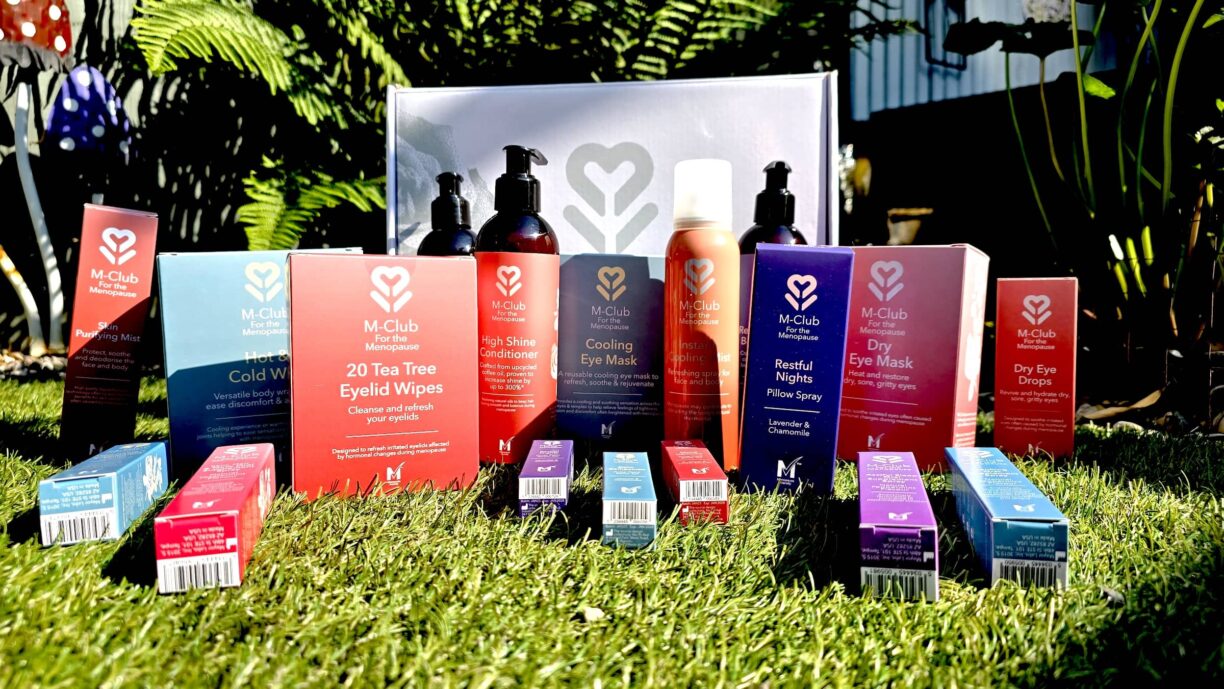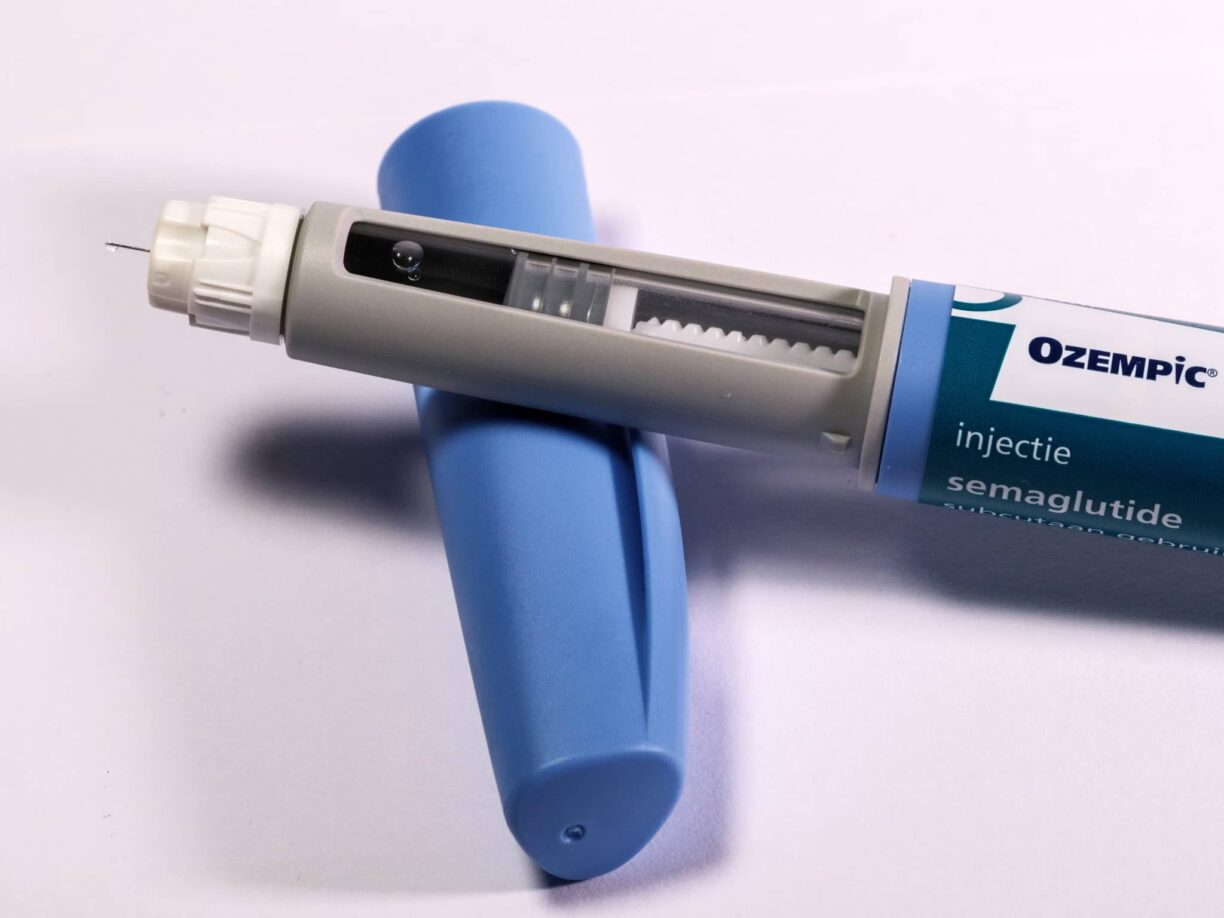If you’re one to connect the dots between how you feel and what your skin’s up to, you might not be surprised by this one: stress can make psoriasis flare up.
But now, thanks to some smart people at the EADV Congress 2024, we’ve got the science to prove what you might’ve guessed—stress isn’t just a mood killer; it’s a skin disruptor too.
The Breakthrough Study
So here’s the scoop: Researchers have been peeking into how psoriasis, which messes with over six million lives in Europe alone, tends to dance to the tune of stress.
This isn’t your garden-variety irritation; psoriasis is like your skin cells are on a treadmill they can’t step off—too fast, too much. The big question has always been about the role stress plays in this. Well, question no more.
At this year’s EADV Congress, a study rolled out some compelling evidence. The researchers didn’t just sit around guessing—they got their hands dirty.
They took human skin, put it on mice, and then basically stressed these mice out with noise. Not your everyday science experiment, right?
After calming the induced lesions with a typical steroid treatment, the team hit the mice with either sonic (sound) stress or fake stress. Guess what? Those subjected to real stress saw their psoriasis come back within two weeks—every single one of them.
What’s Really Happening Under the Skin?
This isn’t just about getting a rash from a bad day. The study dove deep into what happens beneath the surface.
When stressed, the skin goes haywire—more immune cells rush in, inflammation markers go up, and the skin thickens. It’s like throwing a party no one wanted to attend.
At the core of this mess is something called substance P, a stress-related chemical that stirs up inflammation and gets those immune cells into a frenzy.
And, it turns out, it’s not just a simple guest at this unwanted party; it’s the DJ, keeping the inflammation beats going.
“Psychoemotional stress triggers the release of proinflammatory neuropeptides like SP, leading to neurogenic skin inflammation by activating immune cells, particularly through mast cell degranulation,” explains Professor Amos Gilhar, lead researcher of the study.
“This is further amplified by corticotropin-releasing hormone (CRH) and NGF, which heighten inflammation and promote keratinocyte hyperproliferation, thereby triggering and worsening psoriatic lesions in susceptible individuals.”
Enter Aprepitant: The Stress-Buster
But here’s the cool part: Aprepitant, a drug we’ve been using to keep nausea at bay (like during chemo), might just have a second gig. It’s shown some serious chops in keeping stress-induced psoriasis in check by blocking substance P’s effects.
In the study, it cut down on relapses significantly. Sure, it’s not a one-stop shop—you still have other inflammation factors to contend with—but it’s a solid start.
“Aprepitant shows great promise as a potential therapy for stress-induced psoriasis exacerbations,” Professor Gilhar remarks, though he cautioned about its off-label use and the need for further safety data.
“Aprepitant selectively targets the SP-induced component of neurogenic inflammation but doesn’t impact other mediators like NGF and CRH. Combining NK-1R antagonists with other treatments may prove more effective.”
What This Means for You
For anyone with psoriasis, this isn’t just good news; it’s a game-changer. It means managing stress isn’t just about feeling better; it’s about looking better, too.
And for the pros handling psoriasis care? You’ve got a new angle to explore, especially in managing treatments during those high-stress times.
This research is not just a win for understanding more about psoriasis; it’s a win for everyone looking to keep their skin in check against the sneaky effects of stress. We’ve moved beyond guessing to knowing, and in the world of skin care, that’s as good as gold.





